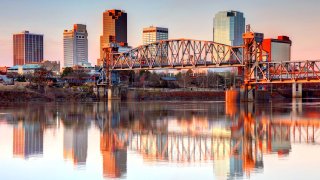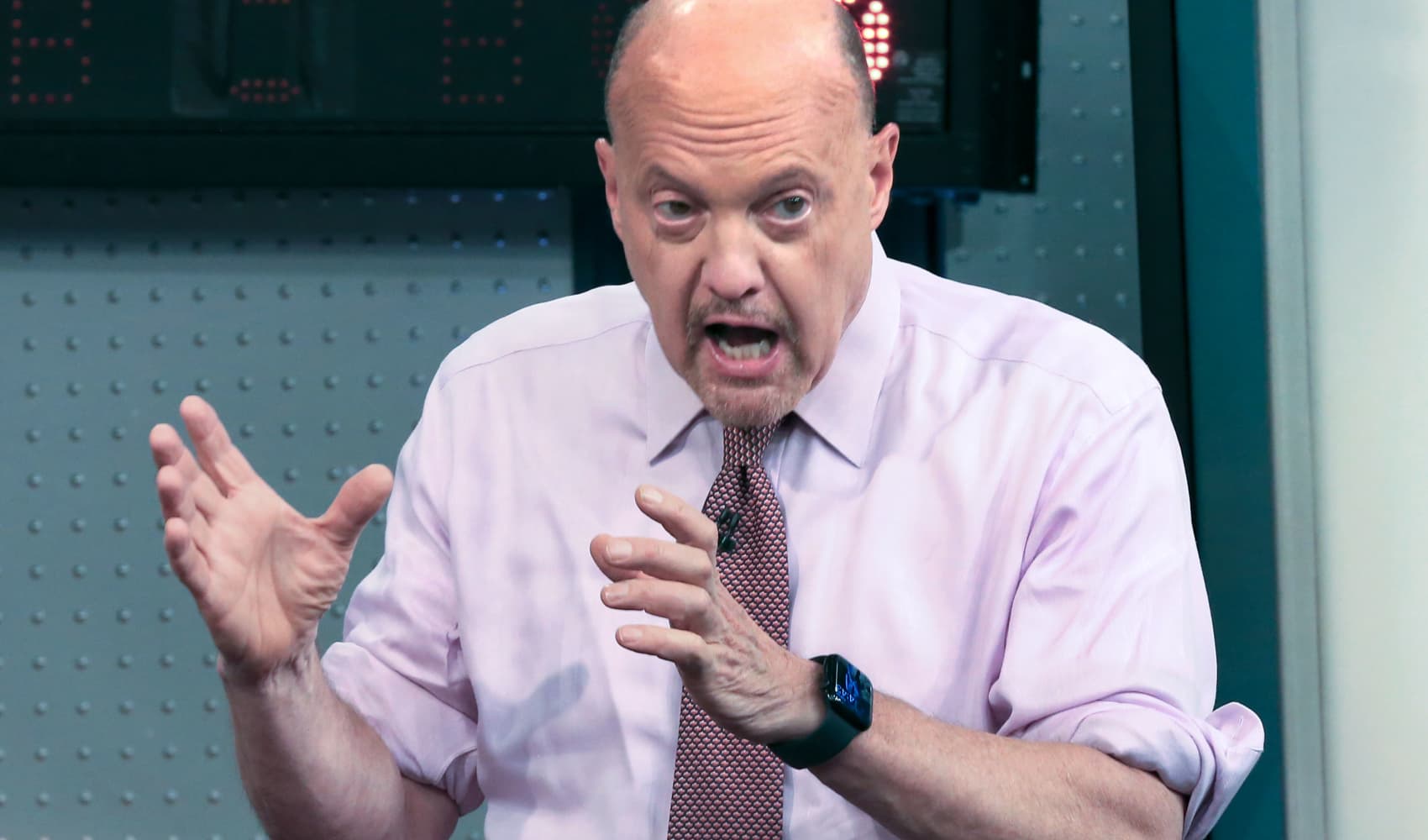
Americans continue to feel the sting of rising prices. As measured by the Consumer Price Index, inflation is up 8.3% over the past 12 months. But some costs are increasing much faster.
Take homeowners insurance premiums. The cost to insure your home is up 12.1% on the year, according to Policygenius. And depending on where you live, things may be even worse: Homeowners in three states have seen their premiums rise at more than double the pace of inflation.
Additionally, rising costs of building materials means that things could be more expensive than expected if you actually have to use your insurance.
"It's a two-tailed effect," says Pat Howard, managing editor and licensed property and casualty insurance expert at Policygenius. "Not only are premiums getting more expensive, but with replacement costs going up, you could end up underinsured as a result."
We're making it easier for you to find stories that matter with our new newsletter — The 4Front. Sign up here and get news that is important for you to your inbox.
Here are the 10 states where home insurance premiums have seen the largest year-over-year increase, according to Policygenius.
- Arkansas: 18.5%
- Washington: 18.1%
- Colorado: 17.5%
- Texas: 16.0%
- Oregon: 15.4%
- Arizona: 14.8%
- Utah: 14.1%
- Minnesota: 13.9%
- North Carolina: 13.7%
- Illinois: 13.6%
Arkansas' pace-setting increase amounts to a $228 hike to the average annual premium from 2021, bringing the average annual cost for a policy up to $1,235.
Money Report
The largest increase in terms of raw dollar amount belongs to Oklahoma, with Sooners forking over $257 more per household than they did in 2021. The smallest increase belongs to New York, whose residents saw a bump of $57.
Re-shop your policy to protect yourself from inflation
Sky-high inflation is one of the main culprits behind the increase in premiums. Home insurance coverage is based on the cost to rebuild your home, and that may have gone up drastically as the price of many building materials has risen and supply chain issues have made the building process more expensive.
"Diesel fuel, copper, brass, lumber — all of these things have a bearing on what it costs to replace a home," says Loretta Worters, spokesperson for the Insurance Information Institute. "Plus, you don't have enough contractors. And if supply is lower, that means they're charging more."
The other big factor hiking your premiums: increasingly common natural disasters. Damage from tornados, hurricanes, storms, wildfires and other natural disasters so far amounts to more than $88 billion a year in the 2020s, according to the Insurance Information Institute. That's a marked uptick from $52 billion in average annual losses in the 2010s and $37 billion in the 2000s.
If you own a home, especially in a natural disaster-prone area, what can you do? First, check to make sure you're adequately covered. Your insurance payout should cover the rebuilding cost of your house, not its current market value.
"Your house could be worth $1 million, but it could cost much more to replace it," says Worters.
Even if you think you're properly insured, it's worth checking in regularly, says Howard.
"Say your home is insured for $250,000. You renewed your policy three months ago and were assured this was the rebuild value," he says. "But lumber increased 15% in those three months. Now your home costs $300,000 to rebuild, and if it's destroyed, you're going to be out $50,000 out-of-pocket."
If, after talking with your insurance agent, you determine you're adequately covered, start to explore ways you can lower your premium. Your current agent may be able to help on that front, says Howard.
"They're likely to look at what discounts you're eligible for, which will vary from state to state," he says. "Maybe you have a home security system or a smart home or a water leak censor. One of those could be a 10% discount."
Beyond that, shop around with different insurance carriers to see if a new firm would be willing to offer you a cheaper premium. "Now more than ever, we're recommending reaching out and exploring all your options to see if you can get a lower rate," says Howard.
Sign up now: Get smarter about your money and career with our weekly newsletter
Don't miss: Homebuyers are backing out of deals at record-high rates in these 10 U.S. cities






